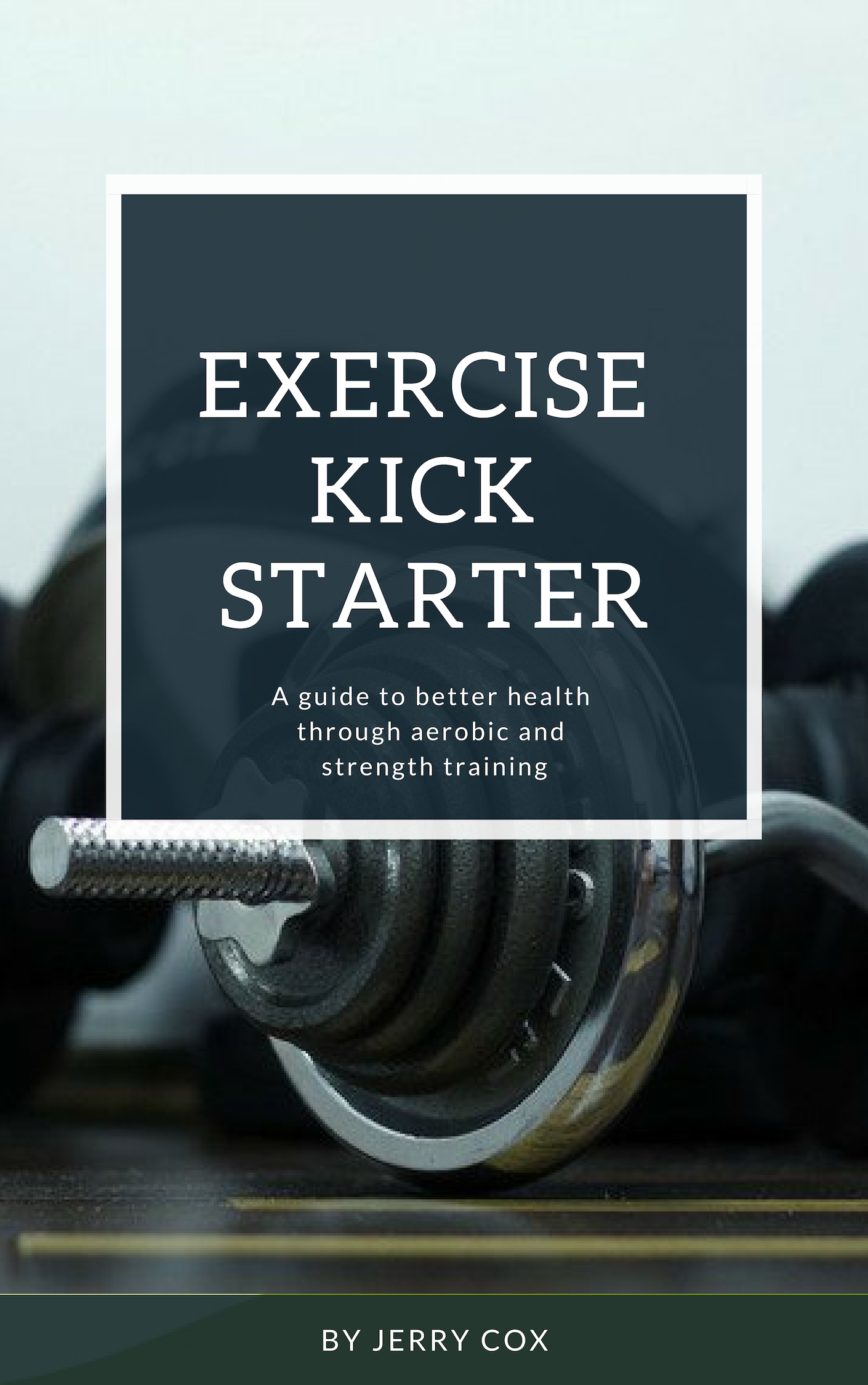Diet or Activity? What Is More Important in Weight Management?

The debate will go on. Is diet or activity/ exercise more effective in weight management? This is similar to the question of what exercise is the best to burn calories. It comes down to your preference. You have to ask yourself are you more prepared to move more or restrict foods from your diet. This journey is yours; it is like those old choose your own adventure books.
Of course, you could stop reading at this point and go apply one of these strategies. Happily, you will see results if you stay disciplined. Yet, read on to find the best strategy research has come up with time and again.
Giving Up The Snack Shack, Are You Crazy?
Organic, gluten free, keto, intermittent fasting and the list goes on and on. What is the best diet plan for healthy weight loss? Let’s first define diet. The general definition, that is before we distorted it, is the kind of food that a person or community habitually eats.
Now, the concept of diet is something that is restrictive so that it causes a disruption or change in the body’s processing. This will invoke change in the metabolic process or caloric intake and lead to a negative energy balance. Who likes restricting food? That would be none of us.
In fact, the American diet has grown to quite the opposite of restricting. Our sugar intake has increased over 400% since 1970. Moreover, our daily caloric intake has increased. This leads to positive energy balances and has been attributed to our ever expanding waist lines.
The good news is changing your dietary intake can help your lose weight and reduce health consequences associated with excess body fat. In the health industry, nutrition is said to be 80% of the equation when it comes to weight loss. Nutrition and diet are key to a healthy life. Yet, let’s look at some poignant facts about calorie restriction.
Dietary restriction can reduce energy expenditure on two fronts. There is metabolic activity from heat when we consume food products; thereby reduced food intake decreases the energy expenditure. Additionally, as we diet, we typically lose both fat and muscle. The loss of muscle can reduce our resting metabolic rate. The end result is long term weight management or loss becomes more difficult.
So you are saying diets do not work? No, that is not the case. You can be very successful with a diet plan. Find the one that works best for your palate and stay the course. If restricting food is not for you, let’s look at other potential options.
Move It, Sister!
To move or not to move, that is the question. That is simple. Humans were made for movement and ambulatory abilities. We are seeing the opposite. In fact, 80% of Americans do not meet the National guidelines for exercise. What if I hate to exercise?
The calorie expenditure from exercise is only a small fraction of our thermic effect of activity. So, what is the rest of activity that makes up that section of metabolism? You probably have heard “take the stairs” or “park far away from your destination” and many others. The idea is more movement. It all counts. In fact, this movement termed Non Exercise Activity Thermogenesis (NEAT) is what you need more of during the day.
Why is NEAT so important for health and weight loss/ management? The advent of technology through time has reduced the need for physical work and many jobs are now sedentary. These reduced movement patterns limit our daily caloric expenditure. Combining the increase in food intake with lessened movement creates an inverse relationship between food and activity. This has led to more and more positive energy balances, thus weight and health challenges.
What is the secret to bolstering your health and managing your waist line? Is it diet or activity?
Fuel The Machine For Movement
You guessed it! Diet and activity are good on their own, but they are better together. Why is this? A diet combined with an active lifestyle promotes favorable changes in body composition. Diet alone, on the other hand, tends to be more relevant in body weight loss. This can affect the amount of fat free mass thereby, reducing our metabolic tissue.
Many things can determine our long term weight goals; the amount of metabolic tissue is one. In fact, fat free mass is a prime factor in our Resting Metabolic Rate (RMR). RMR accounts for 60-70% of our daily energy expenditure. Keeping our muscle mass is an important in weight management. To maintain muscle mass while dieting, add resistance training to your routine.
Diet/ nutrition also play a role in maintaining fat free mass. Although high carbohydrate low fat diets can be utilized in weight loss, protein may lend to more success in weight management goals.
Proteins are building blocks for our body tissues. As such, protein may mitigate losses of fat free mass during the dieting phase. Furthermore, the energy the body uses to break down protein is greater than other macronutrients. Thereby, protein hits weight management on two fronts. Caloric expenditure via the thermic effect of food and maintenance of free fat mass to protect in detrimental reduction in RMR are important reasons to ensure your protein intake is adequate.
Your health journey is your health journey. Therefore, you get to choose what works best for you. Yet, the main concept is stay that course and you will achieve great things. Rise and shine, my fitness friends!


